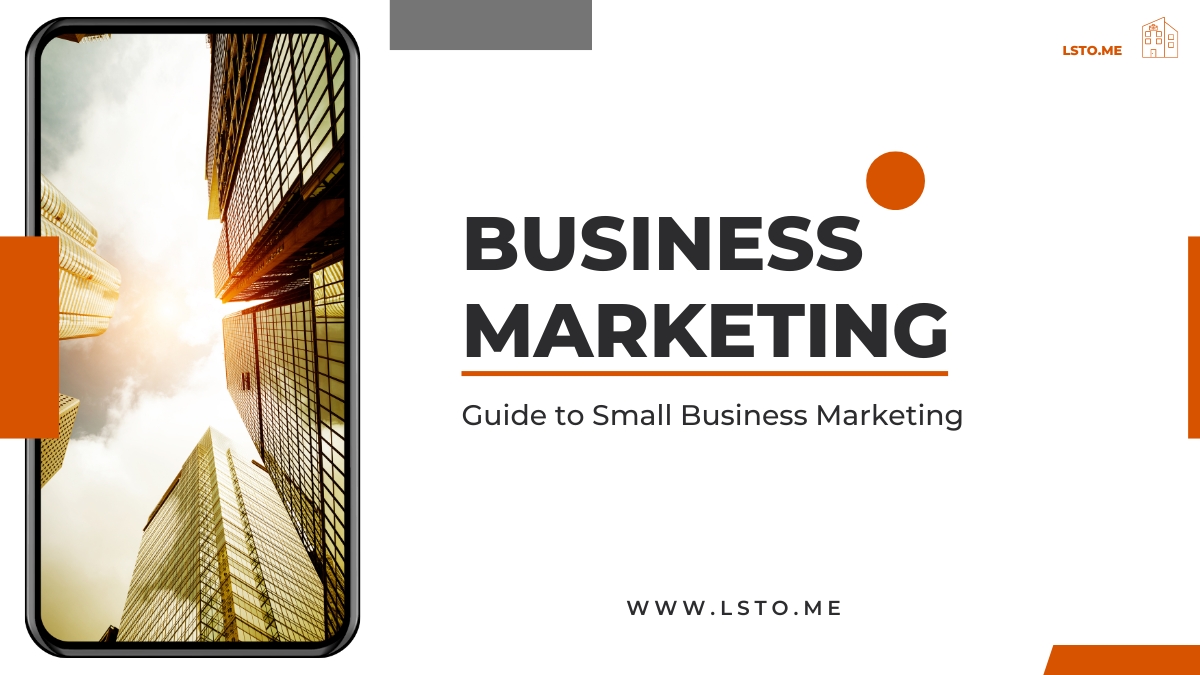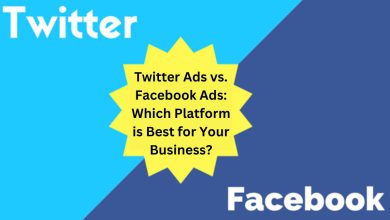
Are you a small business owner looking for new and effective ways to market your business? Look no further! This guide will provide you with all the information needed to develop an effective marketing plan that is tailored to your small business. With this guide, you will be able to understand the basics of marketing, how to create a successful marketing strategy, and learn how to use various channels and tools to reach potential customers.
1. Small business website
Small businesses all around the world are looking for ways to boost their marketing and reach new customers. Having a quality website is one of the best ways to improve visibility, increase sales, and stay competitive in today’s market. From establishing a professional online presence to launching an effective digital marketing campaign, small business websites can help entrepreneurs take their businesses to the next level.
Creating an eye-catching website is an essential part of any small business’s marketing strategy. The right website should be easy-to-navigate and showcase products or services clearly and concisely. Quality content that is optimized with keywords will also help improve search engine rankings on popular search engines like Google and Bing. In addition, adding social media links can help generate more traffic while helping build relationships with customers through reviews or testimonials.
2. Paid search marketing (pay-per-click)
Search Engine Marketing (SEM) is becoming an increasingly popular way for small business owners to reach their target audiences. Paid search marketing, also referred to as pay-per-click (PPC) advertising, is a powerful tool that can be used to drive targeted traffic and generate leads for small businesses. With PPC campaigns, businesses pay a fee each time someone clicks on their ad and visits their website or calls the company directly. This type of marketing offers numerous benefits to small business owners looking to increase their visibility online.
For starters, paid search campaigns provide a cost-effective way for businesses to get in front of potential customers quickly and easily. Unlike traditional forms of advertising where you may have limited exposure due to budget constraints, with PPC campaigns you can scale your efforts according to your budget and get immediate results.
3. Paid listings on websites
Small business marketing is a challenge for many companies, with limited budgets and resources. Paid listings on websites can be an effective way to market small businesses, allowing them to reach larger customer bases easily and quickly.
Paid listings are typically found in the form of sponsored search engine results or digital display ads that appear on web pages. These placements draw attention from potential customers by featuring the small business prominently online. Paid listings also help businesses target a more specific audience based on location, age, interests, etc., allowing them to get their message out to an audience who is most likely interested in their services or products.
With advantageous placement and targeted marketing capabilities, paid listings can be a great tool for small businesses looking to increase their visibility online.
4. Content marketing
Content marketing is one of the most effective small business marketing strategies available today. It allows businesses to establish an online presence, increase their visibility and reach a larger audience. Content marketing involves creating high-quality content that adds value to readers’ lives by providing them with useful information, helpful tips, or entertainment.
The main benefit of content marketing for small businesses is cost-effectiveness. Creating content does not require a large budget like traditional advertising methods, and it has the potential to generate more organic traffic and leads than other forms of digital advertising. The key to successful content marketing is understanding your target audience and crafting your messaging accordingly – creating relevant, appealing content tailored specifically to your customer’s needs can help you capture their attention and build loyalty over time.
5. Social media marketing
Social media marketing has become an essential tool for small businesses hoping to grow and reach their goals. With platforms like Twitter, Facebook, and Instagram, small business owners can easily get the word out about their services or products to a wide audience at a low cost. When used correctly, social media can be a great way of connecting with existing customers while attracting new prospects and increasing brand loyalty.
Small business marketing through social media requires careful planning to achieve desired results. Content must be tailored specifically to each platform based on its target market. For example, using images on Instagram or visual content is more effective than long blog posts. Additionally, companies should focus on creating meaningful relationships with followers and engaging them in conversations that will help create trust between the business and its customers.
6. Radio marketing
Radio marketing can be a great way for small businesses to get the word out about their products and services. With advances in digital radio, businesses can target specific audiences across a variety of platforms. Radio ads are an excellent way to reach customers who may not have access to other forms of media or who prefer traditional radio broadcasts.
Small business owners can use radio advertising to create brand awareness and drive sales with relatively low costs compared to television or print media campaigns. Radio marketing allows small businesses to tailor their message according to the demographics they are targeting and create customized promotions that will resonate with their intended audience. With the right strategy, small businesses can cost-effectively gain maximum visibility through radio advertising.
7. Television Marketing
Small businesses are quickly realizing the value of television marketing to help grow and promote their business. Television advertising can be a powerful tool to reach potential customers, build brand awareness and create interest in products or services.
For small business owners, the thought of using television ads as part of their marketing strategy can be intimidating. It may seem that it would require a large budget which many small businesses don’t have access to. However, with careful planning, research, and creative thinking, there are ways to use television advertising as an effective tool for small businesses without breaking the bank. There are many options available such as local cable networks with very reasonable pricing that can help reach target audiences at a fraction of the cost of broadcast networks. Additionally, there are now opportunities for smaller budgets through new technology like streaming services making television advertising more accessible than ever before.
8. Press releases
Press releases are an excellent way for small businesses to market their products or services. A press release is a written announcement about an event, product launch, or another newsworthy item that is distributed to the media. These announcements can provide information such as who, what, when, where, and why regarding the topic of interest. Small business owners can benefit from utilizing press releases because it’s a cost-effective way to spread awareness about who they are and what they offer to their target market.
By crafting compelling press releases that focus on relevant topics, small businesses can build trust with their customers by providing informative content regularly. Press releases also help build relationships with the media who may be interested in covering stories related to the small business’s offerings and events.
9. Email marketing
Email marketing is a great way for small businesses to stay connected with their customers and prospects. With the right approach, email campaigns can generate leads, increase sales, promote loyalty, and affordably grow the business’s presence.
Email marketing allows small business owners to develop relationships with current and potential customers at scale. By crafting personalized messages that provide valuable content, special offers, and discounts, businesses can create connections with customers and drive interest in their brand. Automated emails based on customer behavior or demographic data are also useful for creating targeted campaigns that speak directly to individual preferences and needs. Additionally, tracking analytics such as open rates, click-through rates, and conversions will help determine which strategies are successful or need improvement. Email marketing requires consistency but when done correctly it can be one of the most effective ways for small businesses to reach their audience.
10. Direct mail marketing
Direct mail marketing is a powerful and cost-effective small business marketing strategy. It involves sending personalized, targeted messages to potential customers through physical mail. Direct mail campaigns are especially effective for local businesses looking to build awareness and generate leads.
By targeting a specific audience, direct mail increases the chances of getting noticed and generating a response from interested consumers. This type of advertising also allows businesses to keep their branding consistent across multiple channels as they can design their materials and control the message that will be sent out. Additionally, direct mail offers better measurement capabilities than other traditional forms of advertising, which helps small businesses track the ROI of their campaigns more accurately and adjust strategies accordingly.




